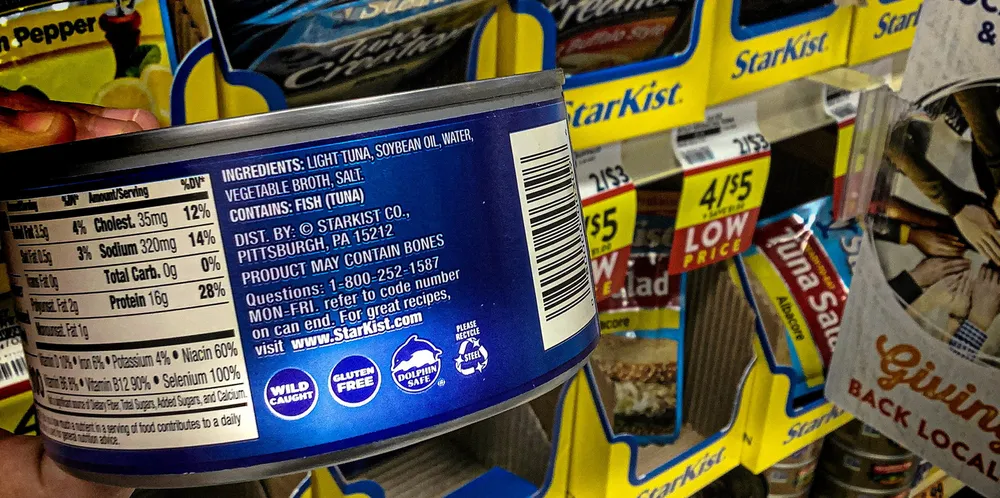Dolphin Safe group alleges 'Seaspiracy' left out critical details from executive's interview
'The film took my statement out of context to suggest that there is no oversight and we don’t know whether dolphins are being killed. This is simply not true.'
